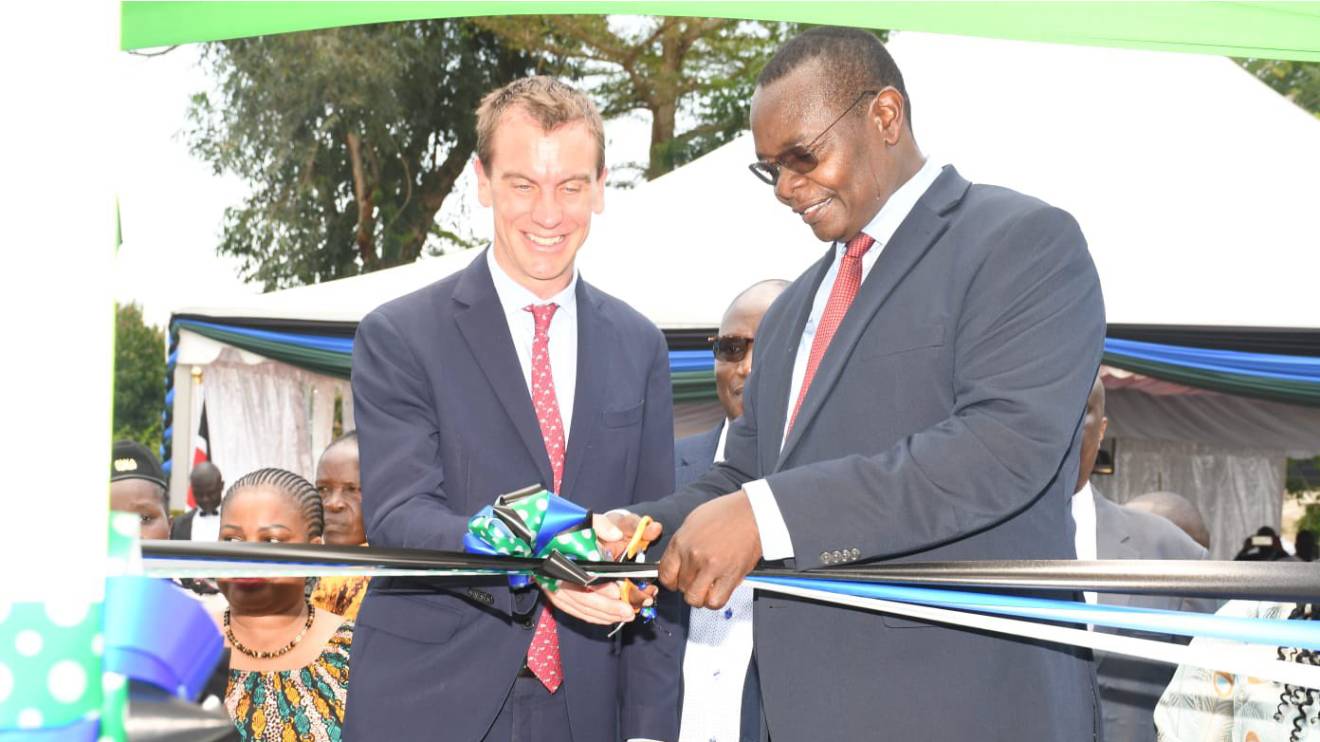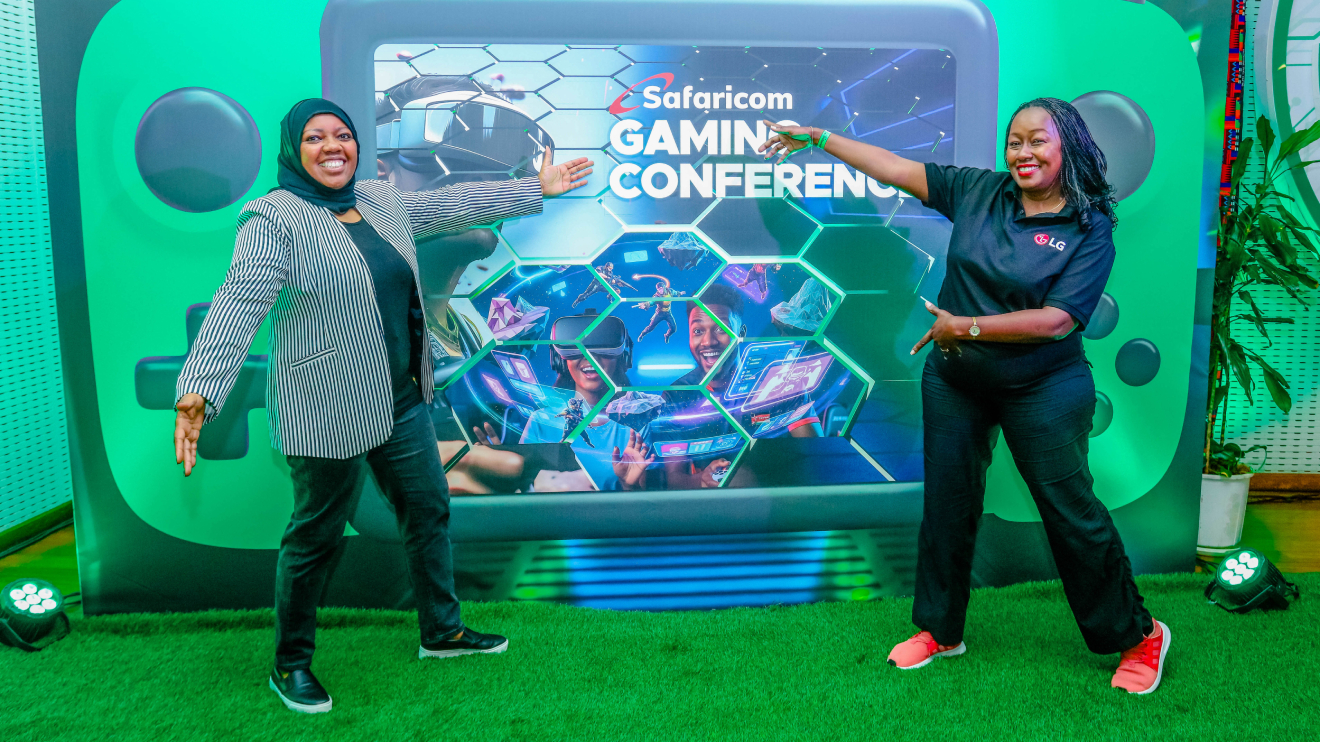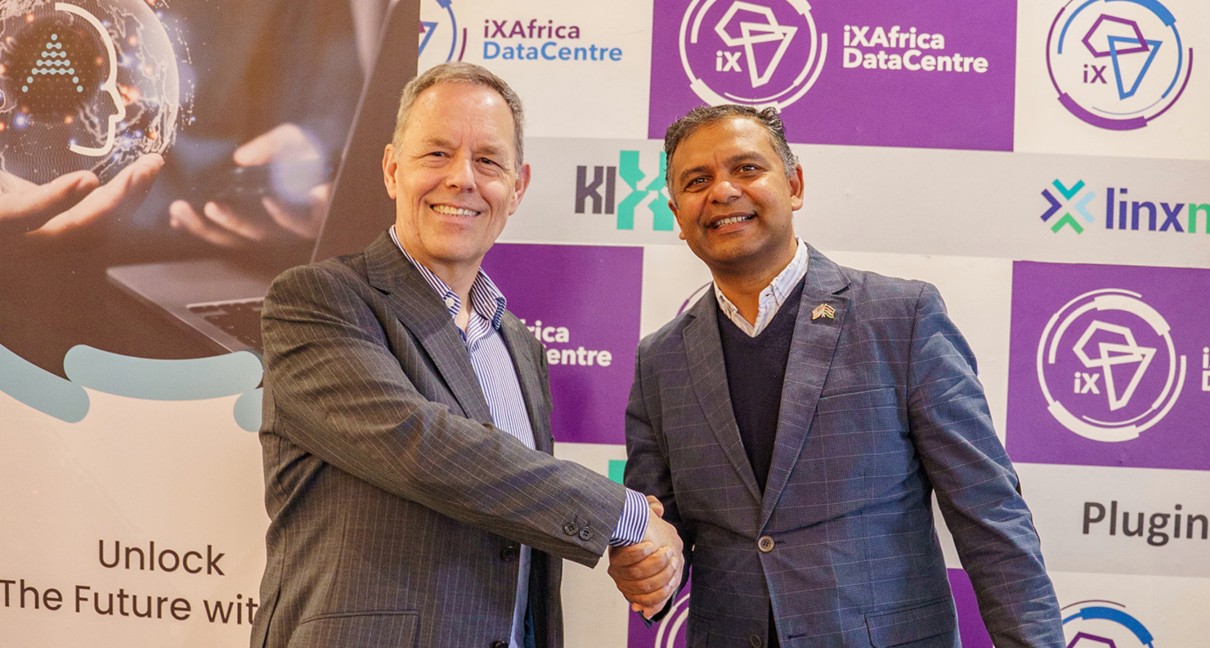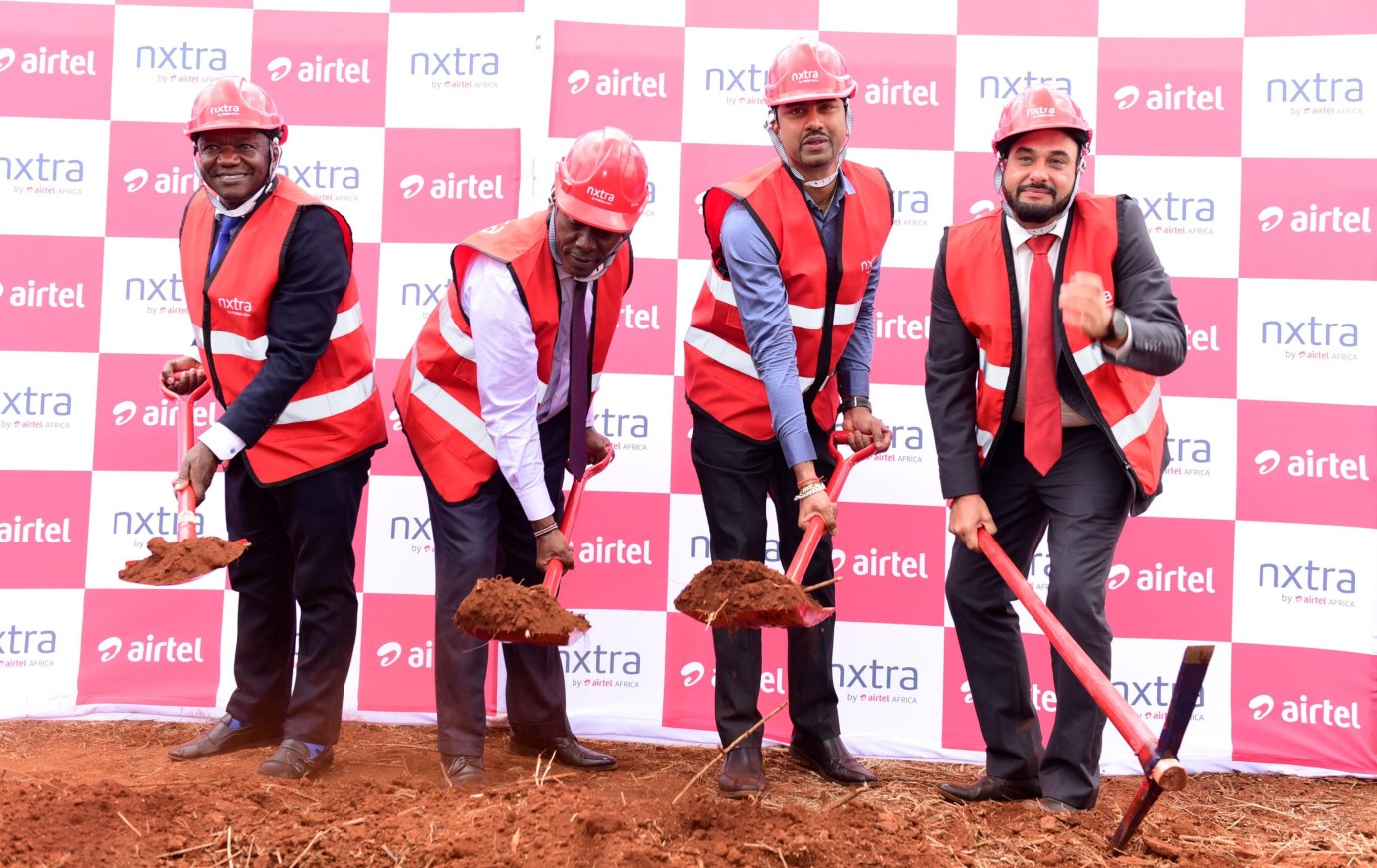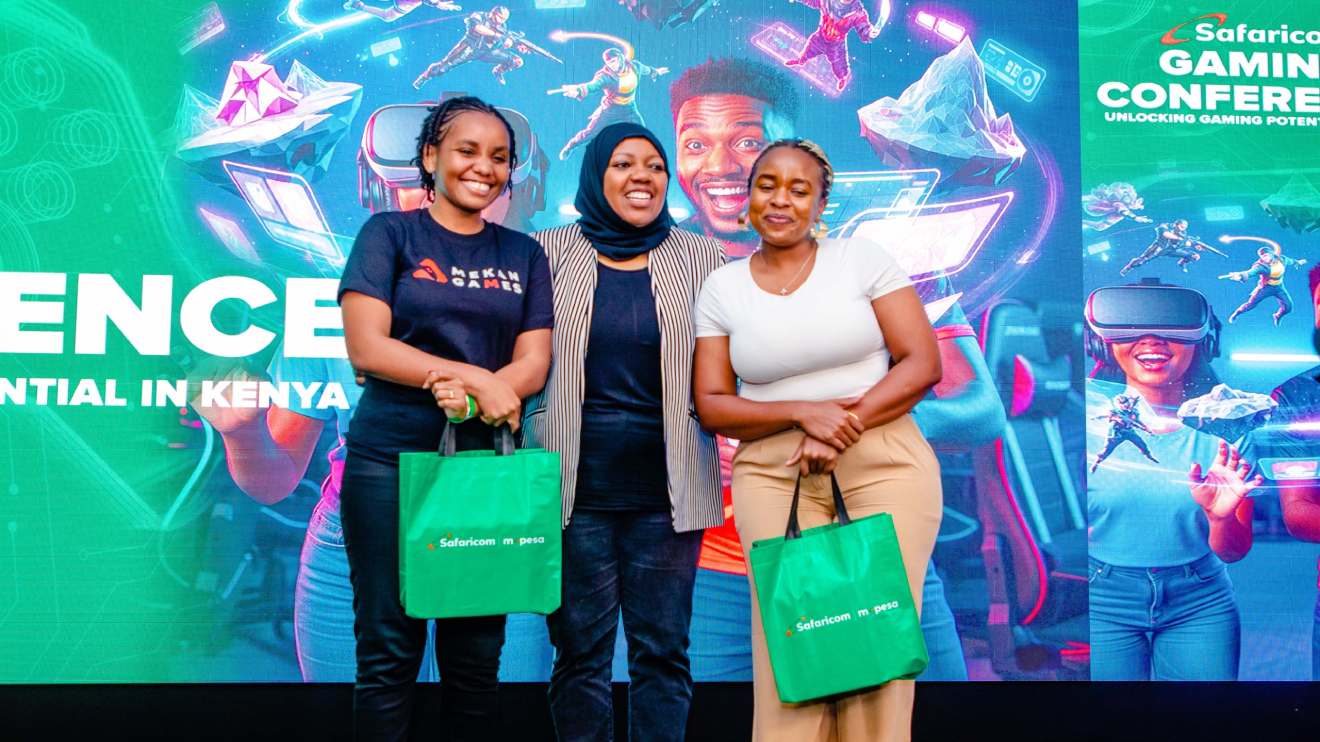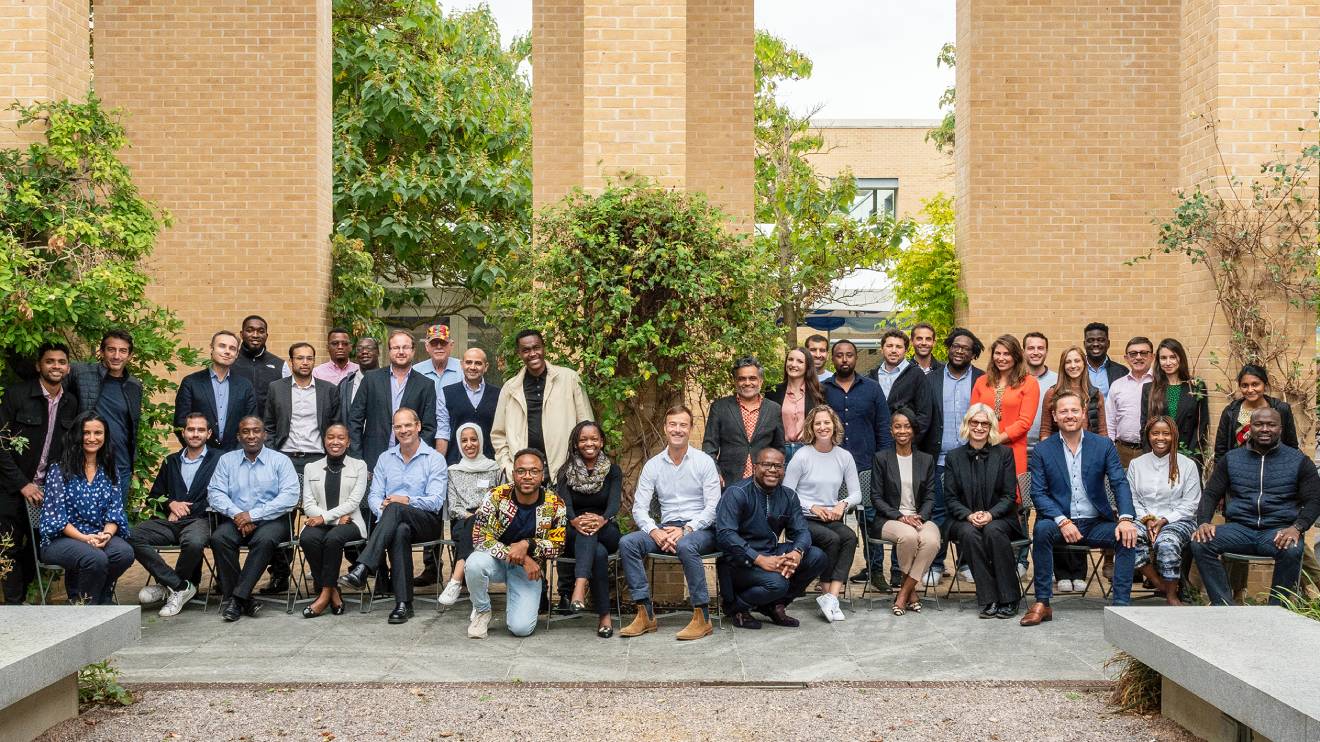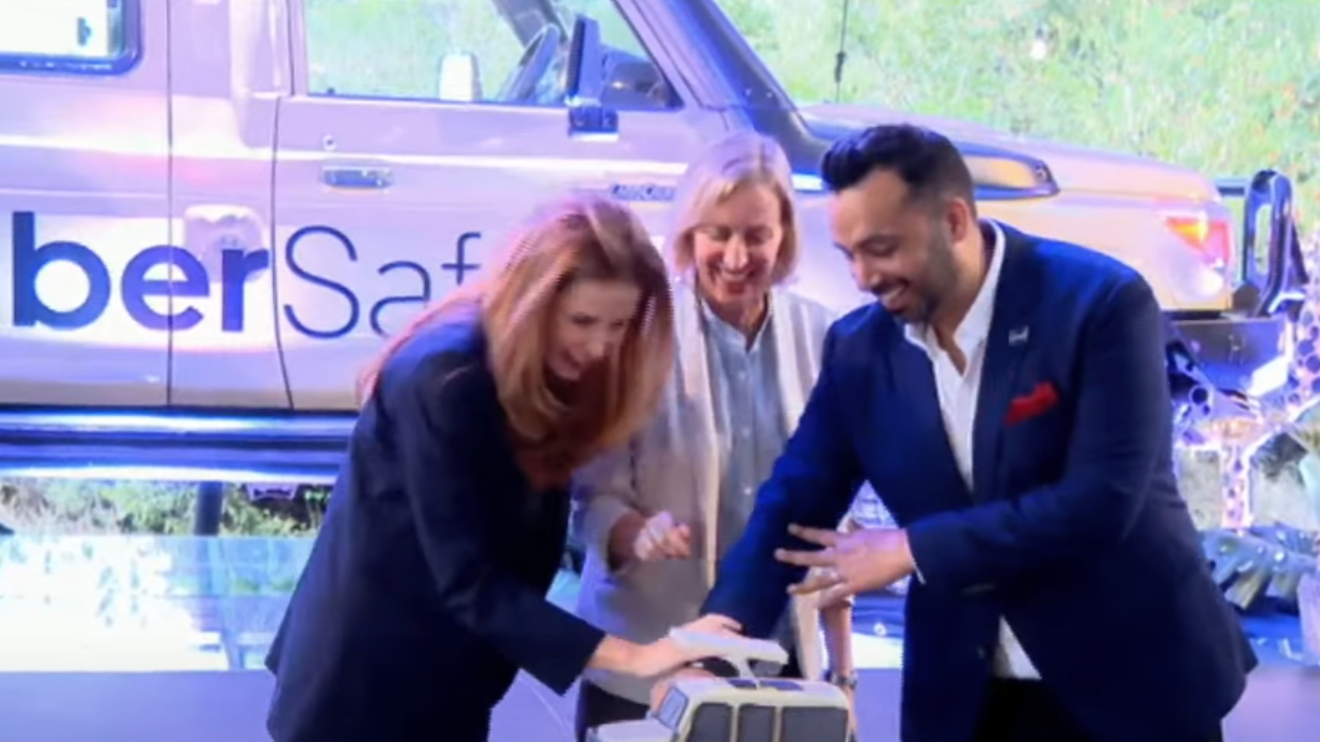A major stride in reducing Kenya’s digital divide was made today, as the British Deputy High Commissioner, Dr. Ed Barnett, revealed a Sh390 million funding commitment for the 'Strengthening Digital Communities' initiative.
This project will be introduced in Busia and Mandera Counties, with the objective of enhancing digital skills and technology access for women, youth, senior citizens, and persons with disabilities (PWDs).
The initiative will place a strong emphasis on digital employability by identifying promising young women and youth and connecting them to mentorship opportunities, financial literacy training, and entrepreneurship programs.
Community awareness campaigns will also be launched to promote cyber safety, digital awareness, and the benefits of digital inclusion.
Moreover, the project will develop research, policy briefs, and other materials to drive ICT policy reforms.
Read More
Speaking during the launch of the Community Action Plan and the Agriculture Digital Platform at the Agriculture Training Centre in Busia, Governor Dr. Paul Otuoma conveyed his appreciation for the support extended by the British High Commission.
“This support is a cornerstone in our shared vision of a more inclusive, equitable, and prosperous society," Otuoma stated.
"Through the provision of digital skills and training opportunities, we are confident that the program will benefit some of the most vulnerable and essential segments of our population—women, young people, senior citizens, and persons with disabilities (PWDs)."
Dr. Ed Barnett stressed the importance of giving young people, women, and persons with disabilities opportunities to thrive.
“Putting young people, women and persons with disabilities at the heart of development is transformative. The UK is committed to working with Kenya to ensure these underserved groups within the population enhance their digital skills and their access to vital services like e-citizen, secure jobs and participate meaningfully in this digital world," Barnett stated.
"We are delighted to partner with KICTANet on this important project in line with our commitment to supporting digital inclusion globally. We can only go far, together, and I believe by working together, we can ensure that digital opportunities are accessible to everyone.”
Dr. Grace Githaiga, CEO of KICTANet, highlighted the critical need for digital inclusion, saying that empowering marginalized communities with digital tools is key to building an equitable society.
"By empowering marginalised communities with digital skills and resources, we can break down barriers and create a more inclusive and equitable society," Githaiga stated.
"This project is about more than just technology—it’s about empowering communities and creating opportunities for those who have been left behind by the digital revolution.
The project will collaborate with various organisations, such as the National Council of Persons with Disabilities, the Kenya Society for the Blind (KSB), and Technology For Growth (Tech4G), to promote digital inclusivity.
The focus will be on enhancing the livelihoods of people in Busia and Mandera, who currently face significant digital barriers.
Additionally, Dr. Barnett visited a community health centre in Busia, where adolescents aged 15 to 19 are accessing reproductive health services through a digital platform that addresses HIV, AIDS-related deaths, and teenage pregnancies.
The project, managed by Tiko, was initiated with seed funding from the UK government.
The UK's Digital Access Programme (DAP), in partnership with KICTANet, aims to equip over 190,000 individuals, including 10,000 young people, with digital skills, contributing to Kenya's target of having 20 million digitally literate citizens by 2027.

